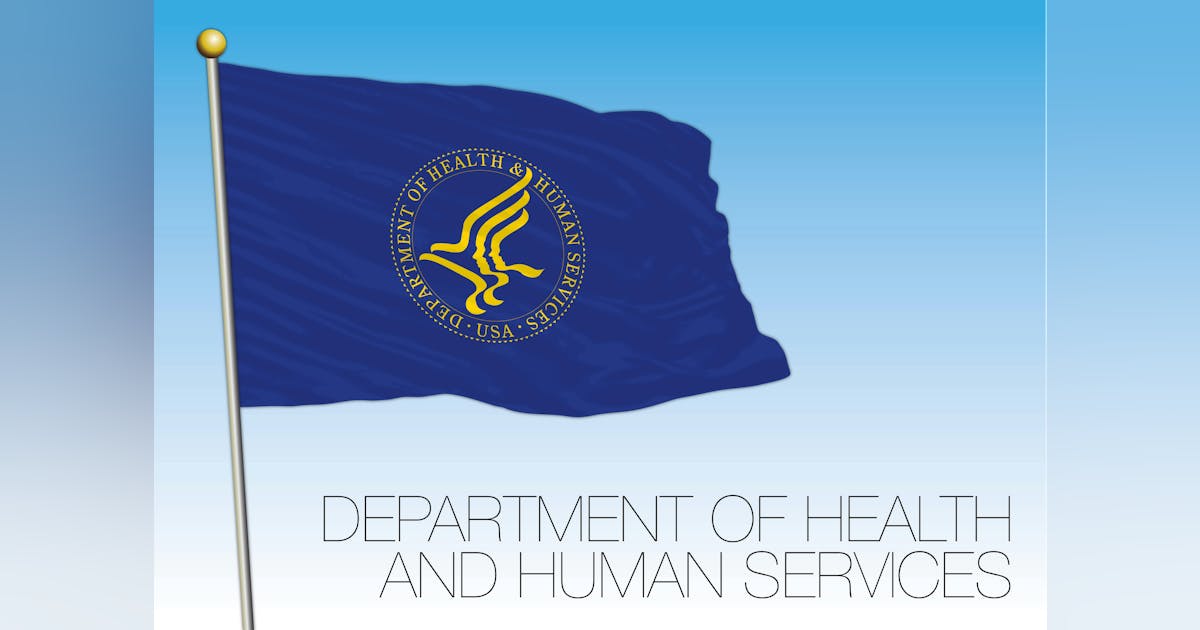Endoscopy is a diagnostic tool that allows doctors to closely examine the organs in the digestive tract. Dr. Vu Truong Khanh, Head of the Department of Gastroenterology at Tam Anh General Hospital in Hanoi, considers it to be the “gold standard” for examining, diagnosing, and intervening in diseases of the upper and lower digestive tracts. This procedure uses a small-diameter tube with a camera attached to it to diagnose conditions of the esophagus, stomach, small intestine, pancreas, and colon.
During endoscopy, patients are given light anesthesia so that doctors can complete the procedure without missing even the smallest lesions. The camera attached to the end of the endoscope allows doctors to closely observe and examine the organs of the digestive tract, making it easier to detect lesions, causes of bleeding, and other problems that may not be visible through other imaging techniques.
Endoscopy helps identify underlying causes for symptoms such as nausea, vomiting, pain, unexplained weight loss, constipation, diarrhea and black stools. By examining intestinal mucosa doctors can quickly determine whether these symptoms are caused by inflammation or cancerous tissue. The procedure also enables minimally invasive biopsies which are crucial for identifying diseases like malignancies and rare conditions such as celiac disease or other abnormalities.
Furthermore gastrointestinal endoscopy can be used to treat conditions like biliary obstruction and perform early cancer screenings through procedures such as polypectomy. Removing gallstones and identifying polyps can prevent complications and progressions to more serious conditions like cancer.
Dr Khanh recommends that patients with gastrointestinal symptoms seek early examination by a gastroenterology specialist to determine whether endoscopy is necessary for diagnosis and treatment.
Regular screenings starting at age 40-50 can help detect cancer early


